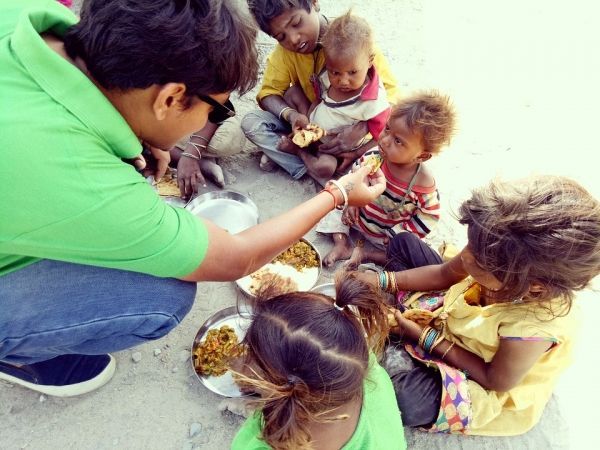IIASA researchers collaborated with colleagues in Japan to clarify the impacts of stringent climate mitigation policies on food security. The team identified smart and inclusive climate policy designs where the risk of food-security for hundreds of millions of people could be addressed at a modest cost.
In a study published today in Nature Sustainability, an international research group that included researchers from IIASA, Kyoto University, Ritsumeikan University, and the National Institute for Environmental Studies (NIES), Japan, for the first time estimated how food security could be negatively affected by the climate mitigation policies implemented by multi-Integrated Assessment Models (IAMs) and the cost associated with avoiding adverse side effects. More specifically, they clarified the relationship between food security and climate mitigation, and provided cost estimates for possible solutions to the trade-off between food security and climate mitigation, taking into account the uncertainty represented by an ensemble of IAMs.
Food security is one of the areas addressed by the UN Sustainable Development Goals (SDGs). The aim of SDG2 in particular, is to achieve “zero-hunger” by 2030. The issue of food security has been studied extensively in the context of climate change impacts associated with yield changes over the last few decades, and more recent studies also explored the effect of climate change mitigation on agricultural markets.
Read more at International Institute for Applied Systems Analysis
Photo Credit: tyaqakk via Pixabay


